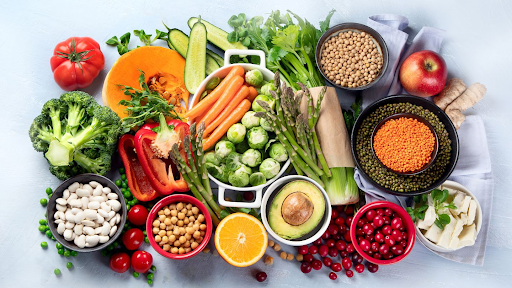The constant pressure to try the latest “quick-fix” diet can be exhausting. Many of these plans are so confining that they lead to burnout, leaving you feeling defeated. But what if the path to better health wasn’t about restriction, but about realism? A sustainable diet offers a refreshing alternative—a way of eating that supports your long-term well-being by being enjoyable and maintainable.
This approach is not a diet in the traditional sense; it’s a lifestyle built on balance, variety, and moderation. A wellness coach explains that the beauty of sustainable eating is its practicality. It doesn’t ask you to eliminate your favorite foods but teaches you to enjoy them mindfully. It’s about building natural habits that nourish your body consistently, day after day.
The principles are simple and intuitive. Prioritize whole foods over processed ones to keep you fuller for longer. A handful of roasted makhana, for instance, is a far more nourishing snack than a bag of chips. Control portions by using smaller plates and sharing indulgent items. This allows you to savor flavors without overconsuming. Also, strategically ordering your food—fiber first, then protein, then carbs—can help manage blood sugar and keep you feeling satisfied.
Embracing this lifestyle also means incorporating more plant-based proteins, eating with the seasons, reducing food waste by repurposing leftovers, and staying hydrated with water. An ideal, balanced plate might include a vibrant salad, a serving of dal, a vegetable side dish, and a small portion of brown rice or jowar roti. This isn’t a rigid formula but a flexible framework for creating satisfying meals that support your health for years to come.



